Assistant Professor
NOMIS Center for Immunobiology and Microbial Pathogenesis
Frederick B. Rentschler Developmental Chair
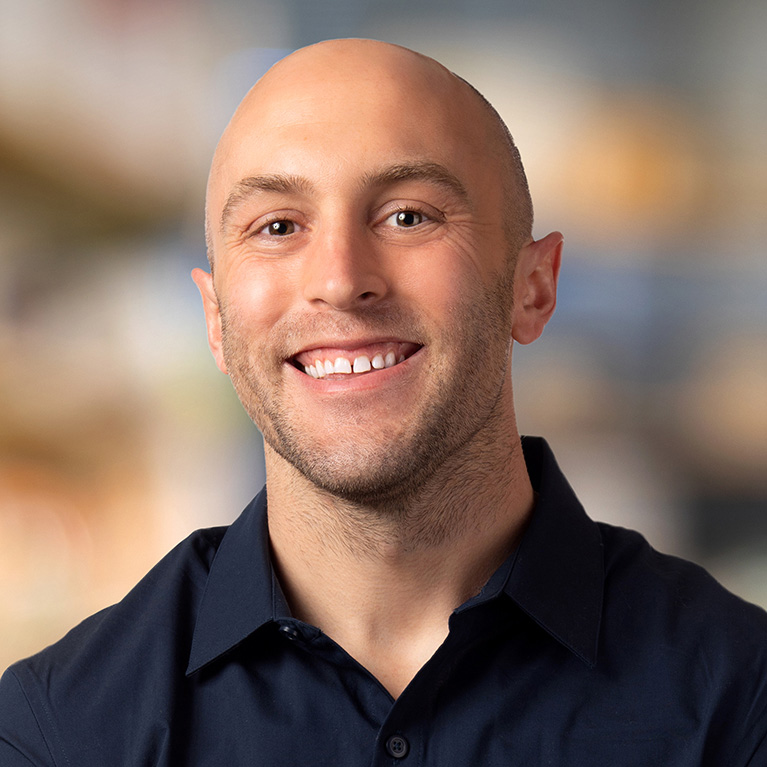
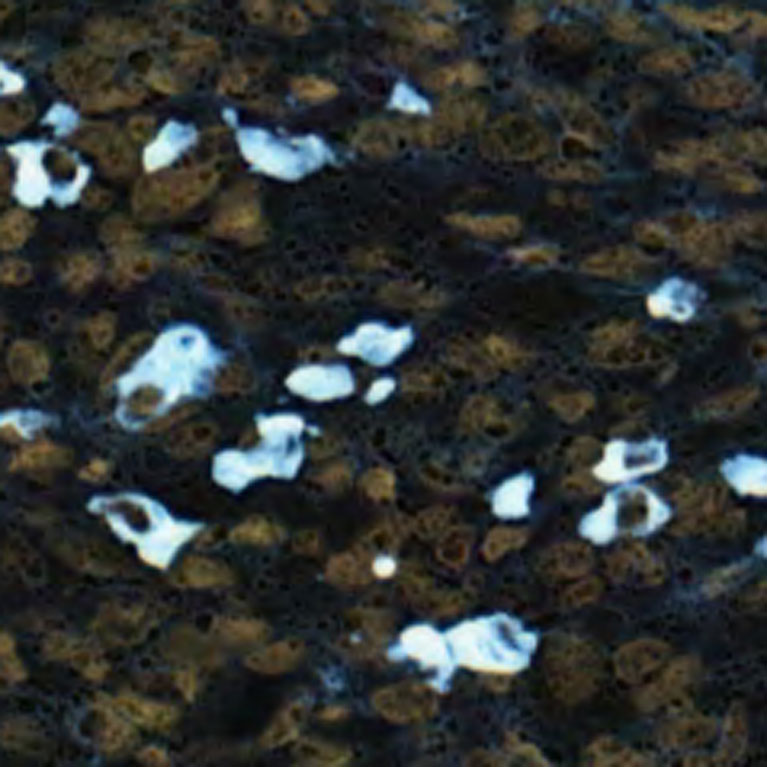
For many patients with advanced cancers, current treatments can extend life expectancy, but do not control the disease long-term. One of the most deadly cancers, triple-negative breast cancer, is an incredibly complex disease and does not respond to conventional therapies. Because of this, research into new treatment approaches with an enduring ability to control tumor activity is an urgent need for patients.
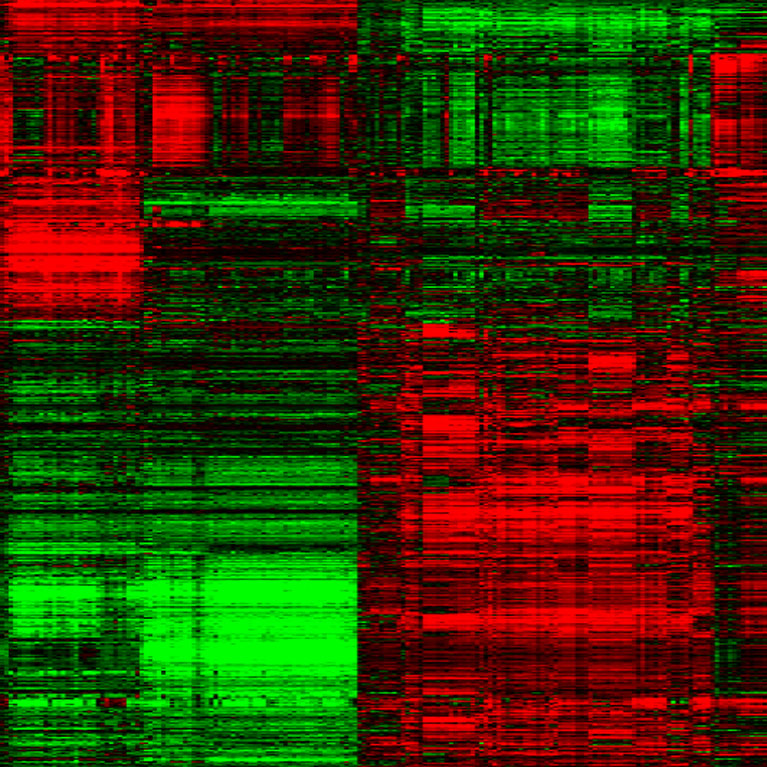
Daniel Hollern aims to identify new therapeutic opportunities for the deadliest cancers. He merges two disciplines, computational medicine and cancer immunology, to find where tumors are vulnerable and how they can be controlled therapeutically by the immune system.
In particular, Hollern is interested in an immune cell type that has not been well-studied, called the B cell. He was the first to demonstrate that B cells help provide long-term immunity and facilitate the anti-tumor immune response coming from treatment. B cells recruit additional cells to attack tumors and also kill tumor cells through the secretion of antibodies. His goal is to identify and develop therapeutic strategies that leverage B cells to disarm tumor cells and provide long-term protection against cancer activity.
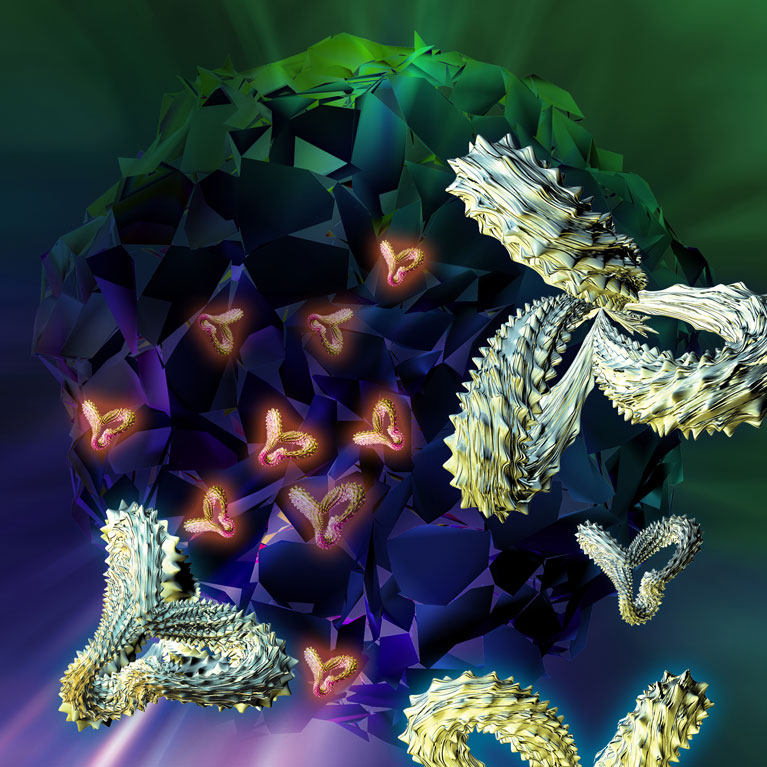
Hollern was the first to show that B cells predict which patients will respond to treatment and functionally control the anti-tumor immune response by secretion of antibodies and support of T cell activity.
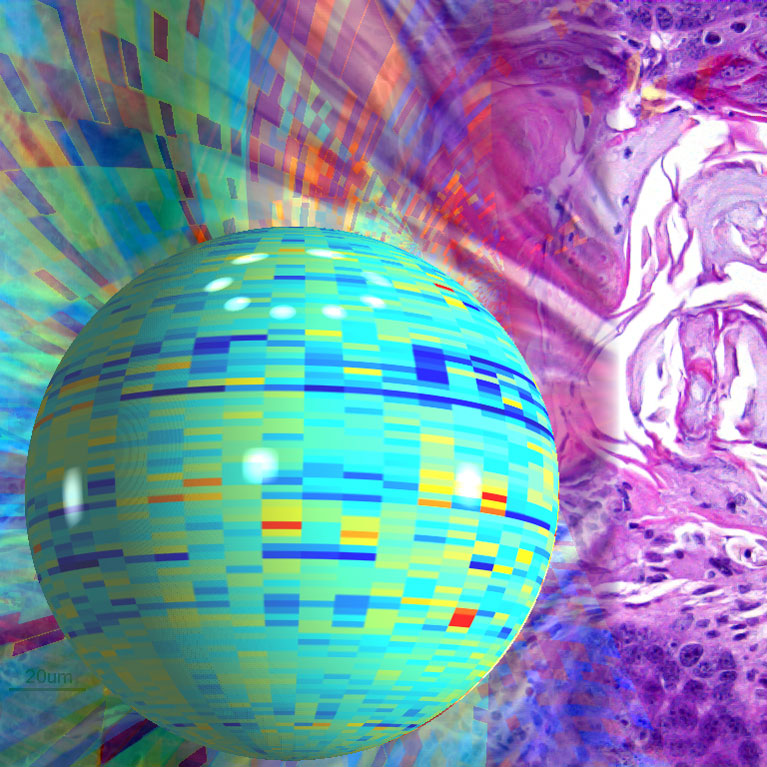
Hollern has developed innovative models that allow researchers to study breast cancer immunotherapy.
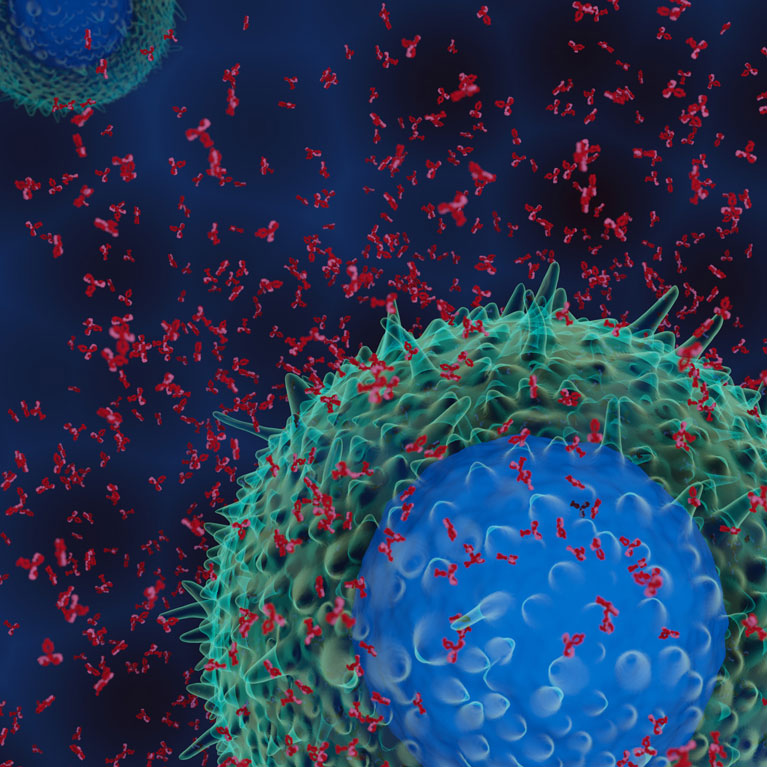
Hollern discovered that immune cells called T follicular helper cells and interleukin 21, a signaling protein, help mediate the anti-tumor immune response and activate B cells.
PhD, Cell and Molecular Biology, Michigan State University
Postdoctoral Fellow, University of North Carolina
BS, Biology, Grand Valley State University